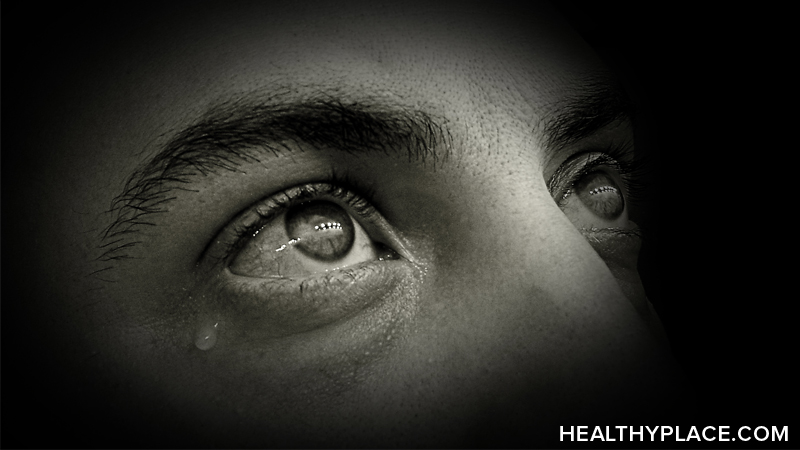Effects of Self-Harm, Self-Injury

The effects of self-harm, also known as self-injury and self-mutilation, are varied and are both physical and psychological. While the physical effects of self-injury might be obvious and harmful, the psychological effects of self-mutilation are no less damaging. People are often devastatingly tormented by both their self-harming behaviors and their desire to self-harm.
The effects of self-injury are not all bad though, and this is why some people continue to self-mutilate. Some of the positive effects of self-harm might be:1
- Expression of difficult feelings
- Communicating that you need help
- Release of pain and tension
- A sense of control
- Distraction from overwhelming, painful emotions or circumstances
- Feeling alive or feeling something rather than feeling numb
The positive effects of self-harm, though, are temporary and are outweighed by the physical and psychological damage caused by self-mutilation.
Physical Effects of Self-Harm
The physical effects of self-harm can be minor, such as a scratch or small bruise or, in rare cases, life-threatening. No matter how severe though, all physical effects of self-injury indicate the unmanageable pain the person is in and the severity of the injury does not indicate the severity of the pain. Most people who self-mutilate do so more than once, so any physical effect of self-mutilation seen may indicate a worrisome behavioral pattern. (Here are the signs of self-injury, self-mutilation.)
Some of the physical effects of self-harm and signs of self-injury include:2
- Wounds or scars (Explaining Self-Harm Scars to Others)
- Infection
- Nerve damage
- Broken bones
- Hair loss or bald spots
- Injury caused by overdose or poisoning
Psychological Effects of Self-Injury
Just because you can't see the harmful psychological effects of self-mutilation doesn't mean they aren't happening. Not only do strong emotions tend to drive people to self-harm, the self-harm itself, in turn, may cause strong emotional reactions. And, unfortunately, self-harm is a temporary measure that not only creates problems but also doesn't solve the problems that drove the person to self-harm in the first place.
Some of the psychological effects of self-injury include:
- Irritability
- A desire to be alone in order to self-harm or to hide the evidence of self-harm. This often leads to feelings of loneliness.
- Shame and guilt at having self-harmed
- The stress and difficulty of having to lie to those around you about the self-injury
- Using self-injury to deal with any emotional stress instead of building positive coping techniques
- An overwhelming desire to self-injure to the point where it feels like you can no longer control the behavior
- Low self-esteem and self-hatred
- Depression
APA Reference
Tracy, N.
(2021, December 24). Effects of Self-Harm, Self-Injury, HealthyPlace. Retrieved
on 2025, December 15 from https://www.healthyplace.com/abuse/self-injury/effects-of-self-harm-self-injury



